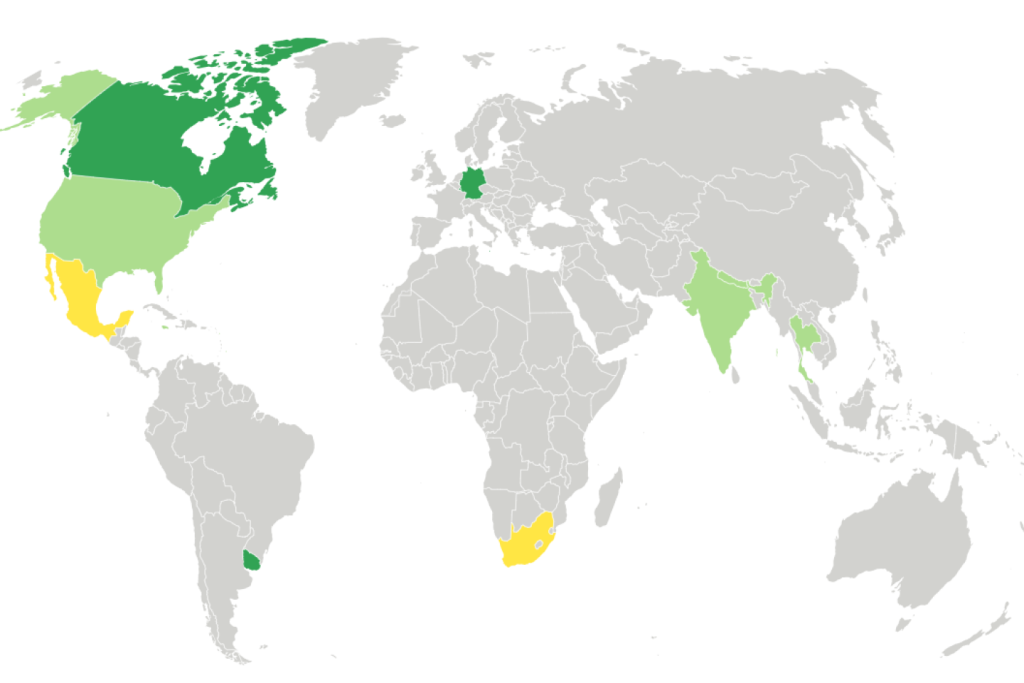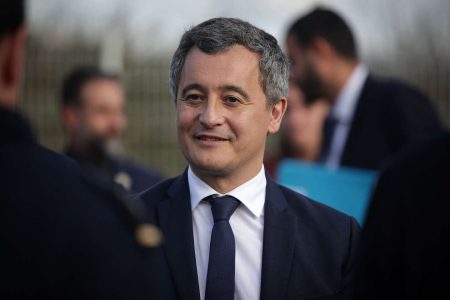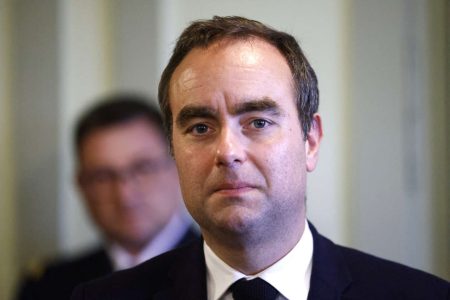The global prohibition of cannabis is beginning to crumble, with countries like Canada, California, and now Germany legalizing recreational use, challenging the longstanding international consensus on the issue. Prohibition of cannabis is a relatively recent development in human history, with laws against it being enacted in the late 19th and early 20th centuries in most Western countries, and becoming globalized after World War II. Currently, around 4% of the world’s population lives in areas where cannabis is legalized.
While the debate over legalization continues in many countries, few have taken the step to fully legalize cannabis. Instead, many governments have opted for decriminalization, where possession and use of cannabis are illegal but tolerated with lighter penalties, such as fines or community service. This pragmatic approach has been adopted by several European and American governments as a first step toward full legalization. The issue of cannabis also extends to its medicinal use, with many patients advocating for access to marijuana or cannabis derivatives for treating various medical conditions.
The recognition of the therapeutic benefits of cannabis has led to changes in legislation in many countries to make it accessible to patients. However, the availability and regulation of medical cannabis vary widely across different nations. While some countries allow over-the-counter sales of cannabis-based medications, others restrict access to prescription-only products. The use of cannabis for medical purposes is supported by research showing its effectiveness in treating conditions such as asthma, Parkinson’s disease, and glaucoma.
France stands out in Europe as an outlier in its approach to cannabis, with no government taking steps toward decriminalization or legalization. While the country has relaxed penalties for simple cannabis possession, the current government maintains a strict stance on enforcement. Medical cannabis is legal in France, but access is limited to specific products, with some medications only available through individual exemptions. The lack of progress in cannabis legislation in France contrasts with the loosening of restrictions in other European countries in recent years.
The global trend towards reconsidering cannabis laws highlights a shift in attitudes towards the drug, with a growing recognition of its potential medicinal benefits. Countries like Germany, Canada, and Uruguay have taken steps to legalize recreational cannabis use, challenging the longstanding international consensus on prohibition. As the debate over cannabis legalization continues, it remains to be seen how different nations will navigate the complexities of regulating cannabis for both recreational and medicinal purposes.
















